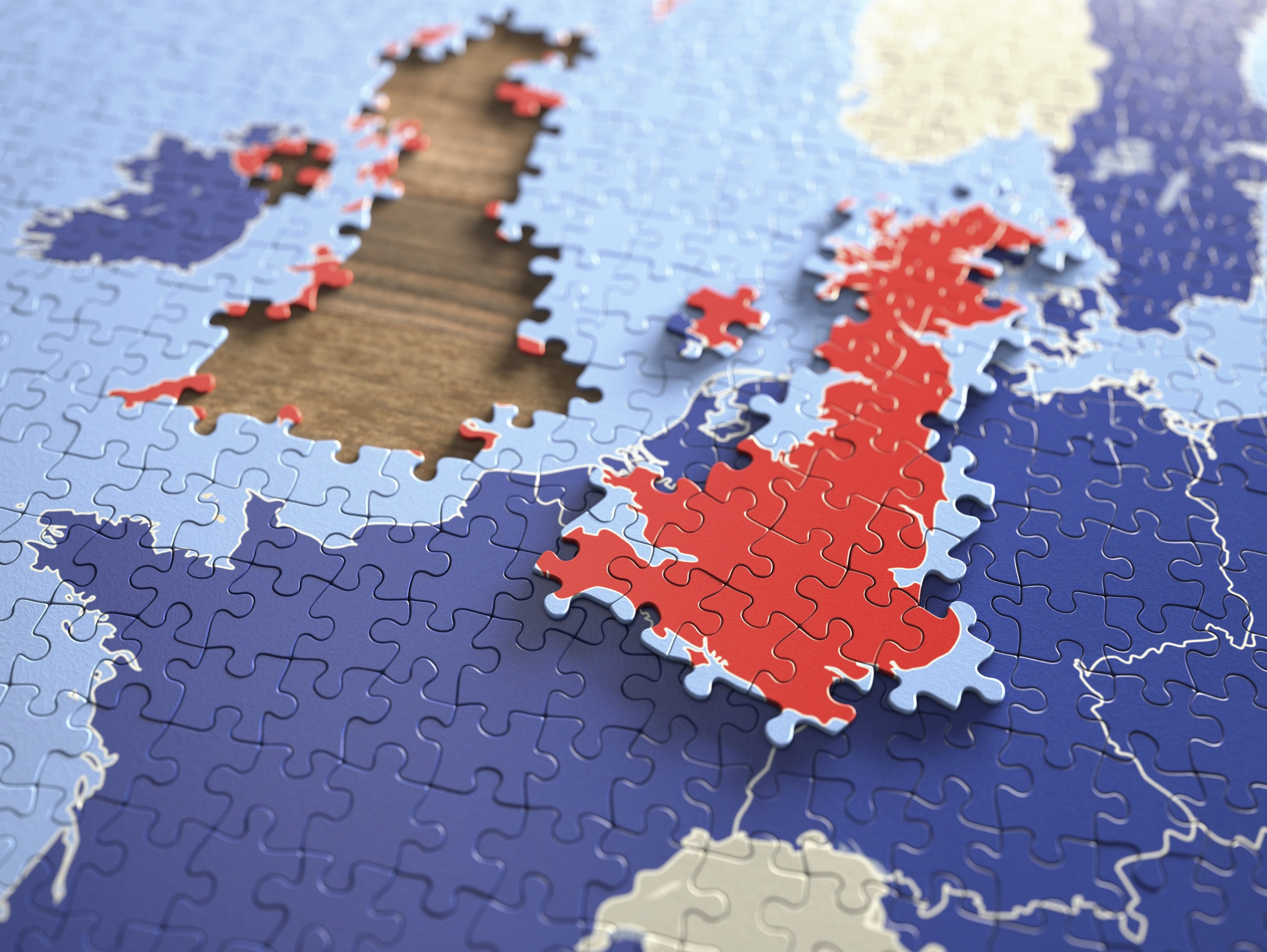It remains to be seen whether the UK and EU will be able to agree a trade deal by the end of this year’s implementation period. As and when a trade deal is agreed, headlines will likely focus on the decisions made on the most contentious of sticking points; the level playing field, governance and of course, fish.
It stands to reason, however, that focus for the majority of businesses that don’t work in fishing or regulation, needs to fall on the areas that affect their industries.
Any agreement made between the UK and EU will extend to many hundreds of pages and likely double that in footnotes and references. So, to make it easier for British businesses to digest the agreement, we’ve listed everything that we will be looking for to determine how free UK trade will remain with the European Union from the new year.
Agriculture
Do we have equivalence of sanitary measures?
Failure to do so would mean increased checks and costs of moving livestock between the UK and EU.
Fish and fishing
Is there reciprocal access to each other’s waters and how long does any access agreement last?
The UK wants to keep its waters for UK boats only.
Are there higher quotas available for UK fisherman versus what is in the current Common Fisheries Policy?
The UK wants more fish as part of the quota arrangement whilst the EU wants to maintain current shares.
Manufacturing
Is there zero-tariff and/or zero-quota access for all goods?
Conversations seem focused on offering a no tariff or quota agreement, but recent changes may mean the UK accepting tariffs on certain goods to mirror Canada’s agreement with the EU in exchange for a looser obligations on the level playing field, such as dairy or eggs.
Can tariffs be imposed in the future on each other’s goods?
While this new relationship may begin with no tariffs, what is the process for imposing tariffs on each other’s goods for breaches of agreements in the future?
How have “rule of origin” requirements been agreed?
Britain wants to be able to use the UK, EU and the wider world that has a trading relationship with the European Union as being on the same zero-tariff access level. This would allow UK manufacturers that source inputs from around the world to continue to do so without paying tariffs on them. Any change to this would make integrated supply chains incredibly expensive and limit the profitability of UK manufacturers.
Is there “mutual recognition of conformity assessment”?
Products are certified to comply with EU standards currently but in a post-Brexit world goods will need to conform to EU standards as well as the UK’s own standards. Without mutual recognition, costs for both businesses and consumers would likely rise
Transport
How are transport providers restricted from operating in and through each other’s territories?
Freight operators are likely to be subject to increased red-tape at the border through increased customs checks and border delays.
Can the UK aviation industry fly as it used to before?
Traffic rights may be approved but any restriction will increase costs on an industry that has been hollowed out as a result of the Covid 19 pandemic.
Services companies
How will regulated and qualified professional services employees be able to operate in the EU?
The UK’s main export remains professional services and should their qualifications no longer be valid in the European Union, client operations may have to reorganise dramatically in order to maintain the ability to do business. Similarly, it is uncertain as to whether short-term business travellers will need a visa to enter the EU for meetings and conferences.
Data
Has the UK been granted a “data adequacy” decision by the EU?
Such an arrangement would allow the UK to maintain levels of data transfer into the EU without additional costs and administration.
In the coming days and weeks we should get more clarity on how a the government plans to support businesses as we enter this new trading relationship with the EU.
Whatever outcome, it’s crucial that businesses remain up to date with the latest news and developments in order to stay ahead. You can speak to one of the Equals Money team about what this means for you and your business on 020 7778 9365 or visit www.equalsmoney.com/blog










